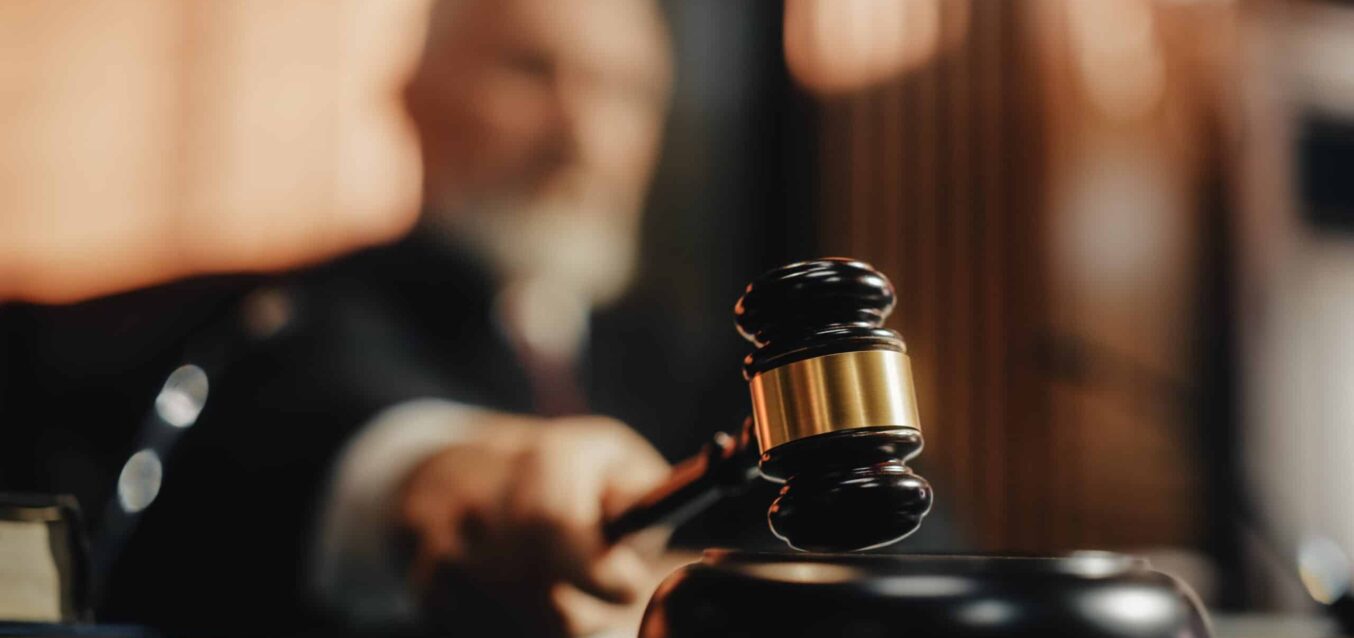Sometimes events arise in life that can be very troubling and dangerous in nature and can result in serious charges being leveled against you. Seeking quality and experienced legal counsel should ideally be the first step in self-protection and there are quite a few steps you can take to mitigate legal trouble against your person if there are serious charges present.
Understanding The Charges
In order to form an effective strategy against serious charges, you need to work with your lawyer to fully understand the charges against you and what their implications are. Breaking down the charge into its constituent elements is helpful since each case is unique but precedent is often used for both defense and prosecution.
In a nutshell there are about two standard defenses that are used when an individual or defendant is placed with serious charges in court. The first defense is mainly ‘I did not do it’ or a complete innocence plea. The second is partial admittance of the crime in that the defendant did commit the crime but due to intervening circumstances cannot be held responsible for it.
Mitigating Circumstances
A defendant may have committed the crime in question but some intervening factors can make them less liable for the crime in the eyes of the law. Presenting and proving these mitigating circumstances is the job of a good criminal lawyer and a few different legal terms are used to get a defendant out of these charges.
- A plea of insanity is used in some cases although it is notorious for being hard to prove. The defense lawyer puts the case forward that the defendant cannot be held liable in the same way as a regular individual because they suffer from a mental disorder that prevents their minds from thinking or feeling like a normal person. Psychiatrists and behavioral experts are usually engaged to study the person in question to present their diagnosis and findings to the court and jury. Proving insanity is very time-consuming and it can always be overruled by the psychiatrists and psychologists that the prosecution engages. Criminal charges map out a thought process and intent which certain mental illnesses can blur or render absent.
- Entrapment defenses are used when individuals are working with the government but commit crimes in order to maintain their cover or prevent being killed or maimed by the real criminals. Many undercover agents or individuals can lose track of what they are supposed to do in extreme circumstances and this defense is created to offer some protection for them. The idea is that the government or law enforcement should not place you in a legally dangerous situation and then be able to prosecute you for it.
- The claim of self-defense is the most commonly and successfully used legal defense. It aims to prove sufficient provocation by the other party so that the defendant is forced to use physical force in order to defend themselves or a loved one. It must be proven in court through various types of evidence that there was enough of a show of force or aggression that the defendant was prompted to use a similar show of force or more for self-protection.
- ‘Under the influence’ is used for defendants that were under the effect of drugs, alcohol or any other serious intoxicant while committing a crime. Evidence such as blood alcohol levels can be used as evidence but if these tests were not taken at the right time, it can be hard to prove that the intoxicant level was high enough to significantly impair judgment.
Plea Of Innocence
This is the opposite of the pleas mentioned above and it is used when an individual has not committed the crime or wants to claim they are innocent. Three main legal ways are used to help the court arrive at this conclusion. ‘Innocent until proven guilty’ is a legal prerequisite which is required of the judge and jury no matter how a case looks from the outside or initially.
A defendant may choose to remain completely silent (pleading the fifth) and let the prosecutor bring forward the evidence he or she has to show and let the jury decide the truth of it. In many cases, the evidence may be weak and not promising so casting a ‘beyond reasonable doubt’ claim will usually be enough to close the case especially in cases of murder or where a sex crime attorney is needed. Alibis are another way to show innocence especially if they can be proven by time stamps on a CCTV video for example or if a reliable witness is willing to come forward.





